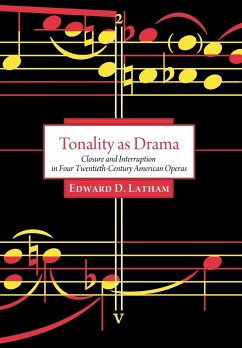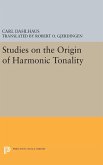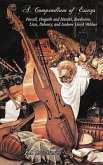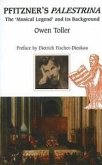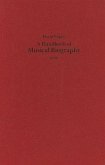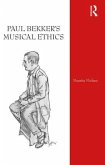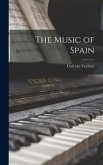Whether you are "in the business," or you are a music theorist, musicologist, or simply an opera fan--read on! This is an analytical monograph by a Schenkerian music theorist, but it is also written by one performer and enthusiast for another. Tonality as Drama draws on the fields of dramaturgy, music theory, and historical musicology to answer a fundamental question regarding twentieth-century music: why does the use of tonality persist in opera, even after it has been abandoned in other genres? Combining the analytical approaches of the leading music and dramatic theorists of the twentieth century--Austrian music theorist Heinrich Schenker (1868-1935) and Russian director Constantin Stanislavsky (1863-1938)--Edward D. Latham reveals insights into works by Scott Joplin, George Gershwin, Kurt Weill, and Aaron Copland that are relevant to analysts, opera directors, and performers alike. Tonality as Drama is not a textbook--rather, it is an innovative analytical study meant to inspire changes in the study and performance of tonal opera. By applying Schenker's tonal analytical technique to a small segment (early twentieth-century American opera) of a repertoire typically regarded as non-tonal (modern opera), Latham reveals a strategic use of tonality in that repertoire as a means of amplifying or undercutting the success or failure of dramatic characters. This use of "strategic tonality" is present in many of the grand operas and song cycles of the nineteenth century as well, suggesting avenues for future research.
Hinweis: Dieser Artikel kann nur an eine deutsche Lieferadresse ausgeliefert werden.
Hinweis: Dieser Artikel kann nur an eine deutsche Lieferadresse ausgeliefert werden.

